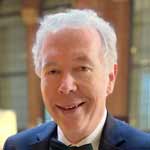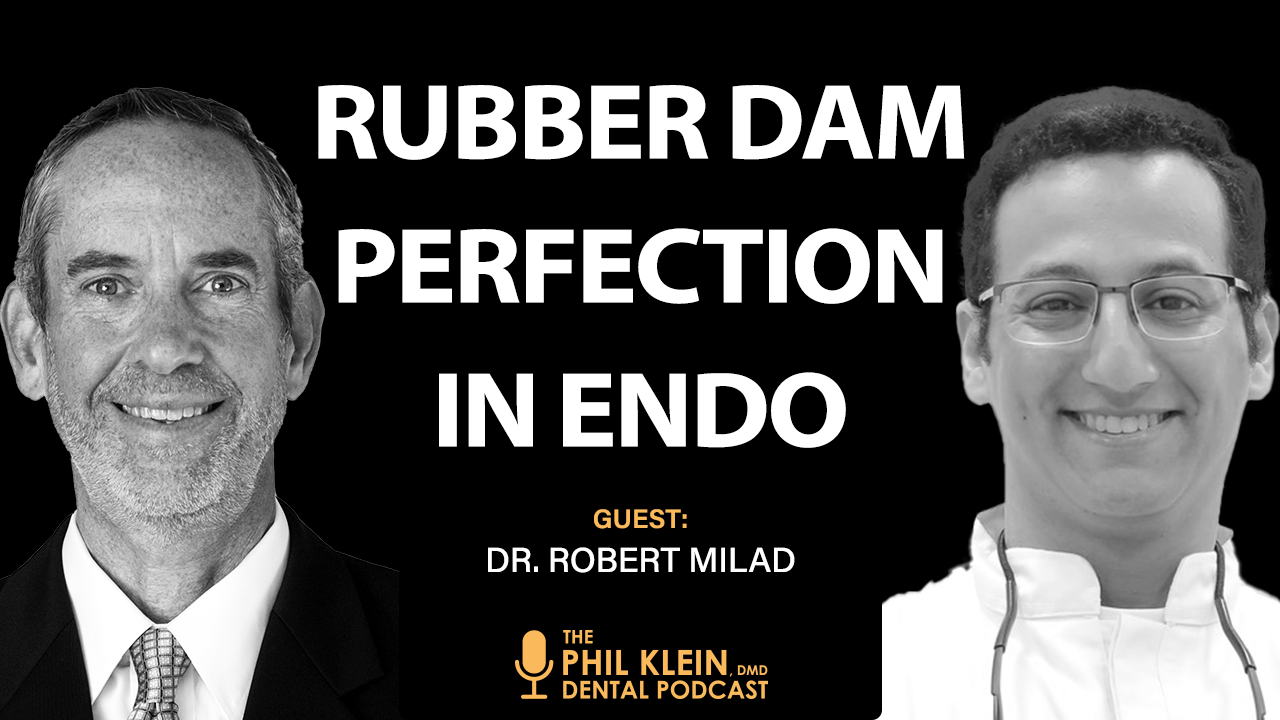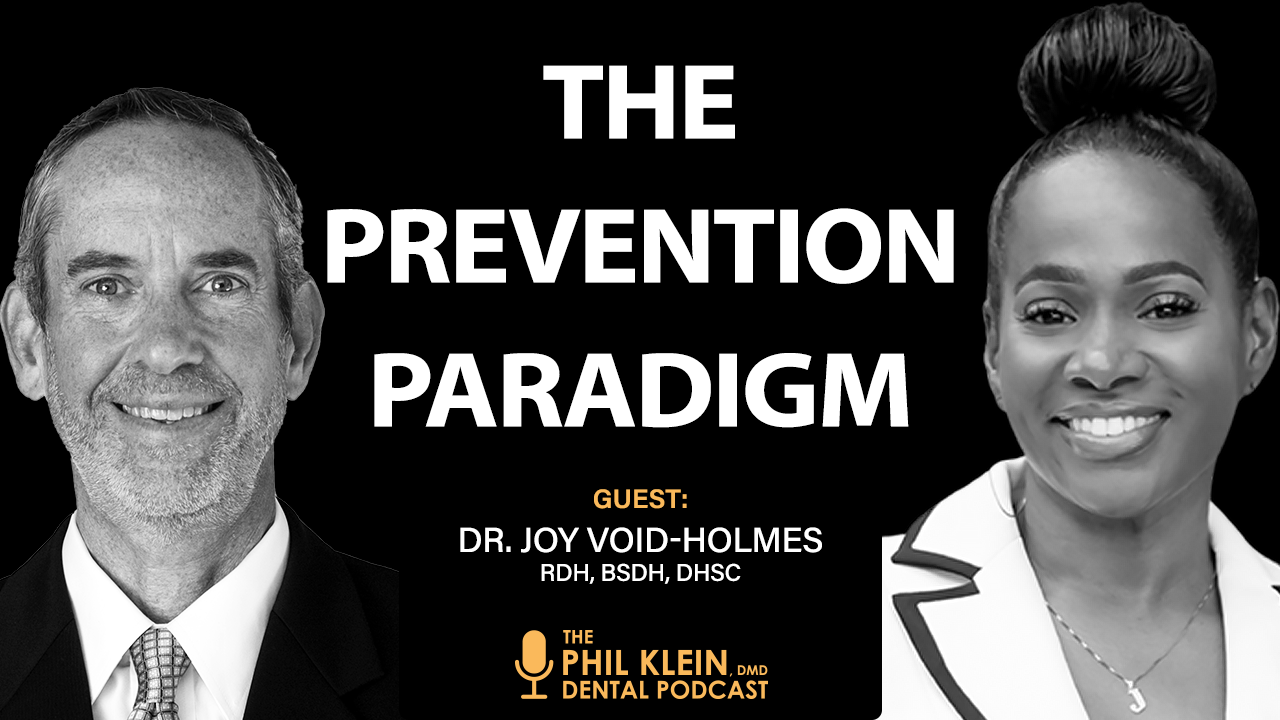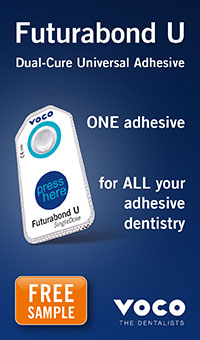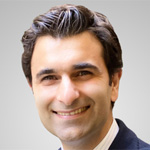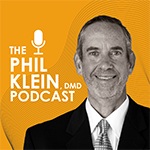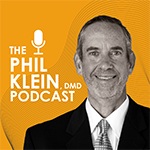
The Growth Mindset: Essential for Success in Modern Dentistry

Success in dentistry isn't just about clinical skills — it's about continuously striving to improve both professionally and personally. Young dentists today face a dramatically different landscape than their predecessors, with more options, technologies, and practice models available than ever before.
Dr. Sara Kuckhoff, a general dentist six years into her career, recently shared insights on developing a growth mindset that can help emerging clinicians navigate their early career years with purpose and satisfaction. Her journey offers valuable lessons for dentists at any stage who want to find greater fulfillment in their profession.
What is a Growth Mindset?
"A growth mindset is just having that consistent belief that you're capable of growing, you're capable of changing, not being afraid to implement new things that you're learning," explains Dr. Kuckhoff.
We graduate dental school with a specific set of skills, but the art of trying something new or expanding that skill set can feel daunting. Having a growth mindset means:
- Constantly challenging yourself
- Being open to implementing new techniques, materials, or procedures
- Understanding that improvement is an ongoing process
- Pushing yourself to enhance your capabilities
- Maintaining interest in continued growth
Starting Your Growth Journey
The path to growth begins with setting clear goals. As Dr. Kuckhoff points out, "Having a goal... gives you something to push towards. A lot of times when we graduate, that was the goal, and now that you're done, what's your next thing?"
For Dr. Kuckhoff, her initial post-graduation goals were implementing rubber dam isolation and clinical photography. These seemingly small steps became foundational to her professional development:
- Rubber dam usage — She recognized that proper isolation would improve her efficiency and quality in adhesive dentistry
- Clinical photography — Photography allowed her to document her work, communicate with mentors, and enhance patient education
The key is identifying areas where improvement would significantly impact your daily practice, then focusing dedicated effort toward mastering them.
The Critical Role of Mentorship
"Finding a mentor is one of the most impactful things that you can do for your career," Dr. Kuckhoff emphasizes. However, she stresses that being a good mentee requires active participation.
Effective mentorship involves:
- Bringing cases and questions to your mentor
- Sharing photos and documentation of your work
- Creating a symbiotic relationship where both parties benefit
- Potentially having different mentors for clinical skills versus business aspects
- Being open to feedback and actually implementing it
Finding a mentor might happen through:
- Professional academies and networking opportunities
- Local dental societies
- Connections within your existing professional circle
- Thoughtful outreach through professional social media
The Value of Professional Organizations
Professional organizations provide a wealth of resources that many young dentists overlook. Dr. Kuckhoff found her community through the American Academy of Cosmetic Dentistry, but emphasizes that whatever your interest — periodontics, general dentistry, or other specialties — there's likely an academy that can provide tremendous value.
"Utilizing the networking ability that comes from academy meetings or dental society meetings... those are often overlooked," she notes. "Going to your academy's meeting... you get a lot of heavy hitters who attend those meetings and you have the opportunity to interface with those people and see their teaching style."
Benefits of professional organizations include:
- Access to vetted, high-quality continuing education
- Networking with experienced clinicians
- Mentorship opportunities
- A community of like-minded professionals
- Structure for professional development
Finding Balance Between Speed and Quality
One of the most common questions young dentists ask is, "How do I get faster?" Dr. Kuckhoff remembers asking this same question and receiving this wisdom from her mentor: "The speed will come, but if you never learn how to do it the right way, you're only gonna get faster at being bad."
Rather than sacrificing quality for speed, Dr. Kuckhoff learned to:
- Analyze where time was actually being spent (for her, it was hygiene checks)
- Restructure workflows to maximize efficiency (checking hygiene patients during anesthesia wait times)
- Coordinate with team members to optimize scheduling
- Focus on quality first, with the understanding that speed will improve with practice
Staying Consistent on Your Growth Journey
Maintaining momentum requires accountability. Dr. Kuckhoff suggests:
- Regular check-ins with mentors
- Taking and implementing feedback from trusted advisors
- Being willing to fail and learn from mistakes
- Not letting perfect be the enemy of good
- Acknowledging knowledge gaps while committing to filling them
"Don't be afraid to say, 'You know what, I don't know the answer to that, but I'm gonna find out.' And then in earnest, actually find out," advises Dr. Kuckhoff.
Building Your Foundation with Occlusion
Understanding occlusion is fundamental to becoming a skilled dentist. Dr. Kuckhoff is currently enhancing her knowledge through advanced coursework, which has already transformed how she views patients and treatment planning.
"If you are a younger provider, find some organization, whether it's Spear or Kois or Dawson, find an occlusal philosophy and understand it," she recommends. "It will certainly help guide your practice and your ability to better comprehensively treat patients."
Conclusion
The dental profession continues to evolve, with increasingly complex technical and business aspects to master. Adopting a growth mindset isn't just beneficial — it's essential for career satisfaction and clinical excellence.
By setting clear goals, finding mentors, engaging with professional organizations, focusing on fundamentals like occlusion, and prioritizing quality while developing systems for efficiency, today's emerging clinicians can build rewarding careers that stand the test of time.
Remember Dr. Kuckhoff's advice: don't be afraid to challenge yourself, to make mistakes, or to admit what you don't know. Your willingness to grow may be the most important clinical skill you develop.







